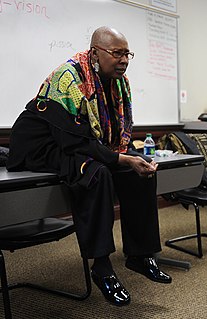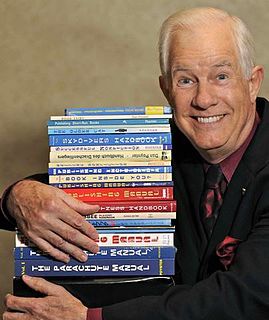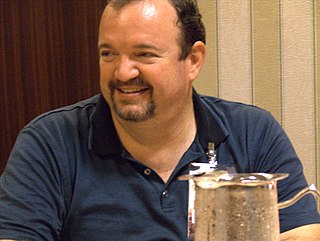A Quote by Kelly Sue DeConnick
I was asked in an interview once: You're writing another book with a female lead? Aren't you afraid you're going to be pigeonholed? And I thought, I write a team superhero book, an uplifting solo hero book, I write a horror-western, and I write a ghost story. What am I gonna be pigeonholed as? Has a man in the history of men ever been asked if he was going to be pigeonholed because he wrote two consecutive books with male leads?
Related Quotes
You have to surrender to your mediocrity, and just write. Because it's hard, really hard, to write even a crappy book. But it's better to write a book that kind of sucks rather than no book at all, as you wait around to magically become Faulkner. No one is going to write your book for you and you can't write anybody's book but your own.
The process for writing a picture book is completely different from the process of writing a chapter book or novel. For one thing, most of my picture books rhyme. Also, when I write a picture book I'm always thinking about the role the pictures will play in the telling of the story. It can take me several months to write a picture book, but it takes me several years to write a novel.
I think, for me, there's The Book I Should Write and The Book I Wanted to Write - and they weren't the same book. The Book I Should Write should be realistic, since I studied English Lit. It should be cultural. It should reflect where I am today. The Book I Wanted to Write would probably include flying women, magic, and all of that.
The love story between the hero and the heroine has to be at the center of the book. I think that's pretty true in my books. I usually write a secondary love story, with maybe nontraditional characters. Sometimes I write older characters. I'm interested in female friendships, and family relationships. So I don't write the traditional romance, where you just have the hero and the heroine's love story. I like intertwining relationships.
My wonderful editor, Jackie Onassis, asked me to write a book that I wanted to write. I said, 'Look, it's not going to be scandalized. I'm not going to talk about anybody like a dog. I'm going to say the positiveness of my life, and talk about those who have contributed to the way I've been going, and that's that.'
Well, first you have to love writing. A lot of authors love having written. But I enjoy the actual writing. Beside that, I think the main reason I can be so prolific is the huge amount of planning I do before I start to write. I do a very complete, chapter-by-chapter outline of every book I write. When I sit down to write, I already know everything that's going to happen in the book. This means I've done all the important thinking, and I can relax and enjoy the writing. I could never write so many books if I didn't outline them first.
[A] couple I had known - who were old friends - asked me what I was going to work on next. I told them I wanted to write a near future book about AIDS concentration camps. They were vehement in their response: they thought it was a terrible idea. Their words both shocked and saddened me. "Do you really want to write a book about homosexuals?" they asked me. "Won't people who read your work be influenced toward sin?" I notice that I don't hear from them much lately.
I remember as a young child, during one of my frequent trips to the local library, spending hours looking at book after book trying in vain to find one that had my name on it. Because there were so many books in the library, with so many different names on them, I’d assumed that one of them — somewhere — had to be mine. I didn’t understand at the time that a person’s name appears on a book because he or she wrote it. Now that I’m twenty-six I know better. If I were ever going to find my book one day, I was going to have to write it.






































